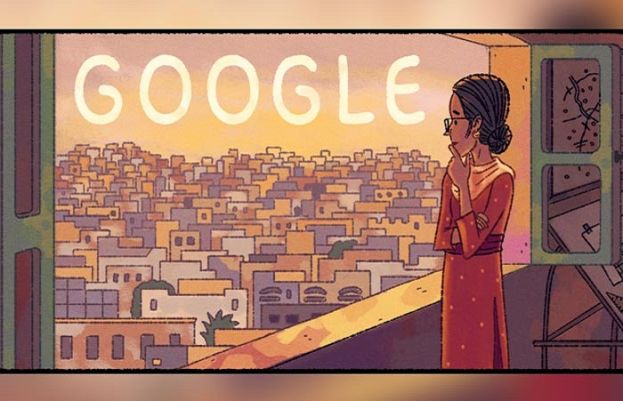
Rahman was born on this day in 1957 in Dhaka, Pakistan (now Bangladesh). Following the partition of Pakistan in 1971, she relocated with her family to Karachi.
Rahman studied architecture and went on to earn a Master’s degree in housing, building, and urban planning from the Institute of Housing Studies in Rotterdam, the Netherlands.
Her personal experiences of displacement inspired her to pursue a career advocating for housing security, and in 1982, she began working as an unpaid intern for the Orangi Pilot Project (OPP).
The organisation focused on sanitation, housing, and healthcare in Orangi Town on the outskirts of Karachi, one of the world’s largest informal settlements.
Here, many residents could not rely on legal protection to maintain rights to their homes and were frequently evicted for construction projects. From meticulously documenting property boundaries and ownership information to spearheading education and community engagement initiatives, Rahman’s work soon became integral in protecting the region’s precarious community.
Her dedication to helping Orangi Town’s 1.5 million residents protect their land rights led to her appointment as head of the OPP’s housing and sanitation programs.
With Rahman at the helm, the OPP partnered with the government to set up 650 private schools, 700 medical clinics, and 40,000 small businesses. She has been given numerous accolades for her achievements, notably the Sitara-e-Shujaat (Order of Bravery award), and her efforts have played an instrumental role in defining how Pakistani settlements are developed today.
from latest-news - SUCH TV https://ift.tt/35emngx

0 Comments